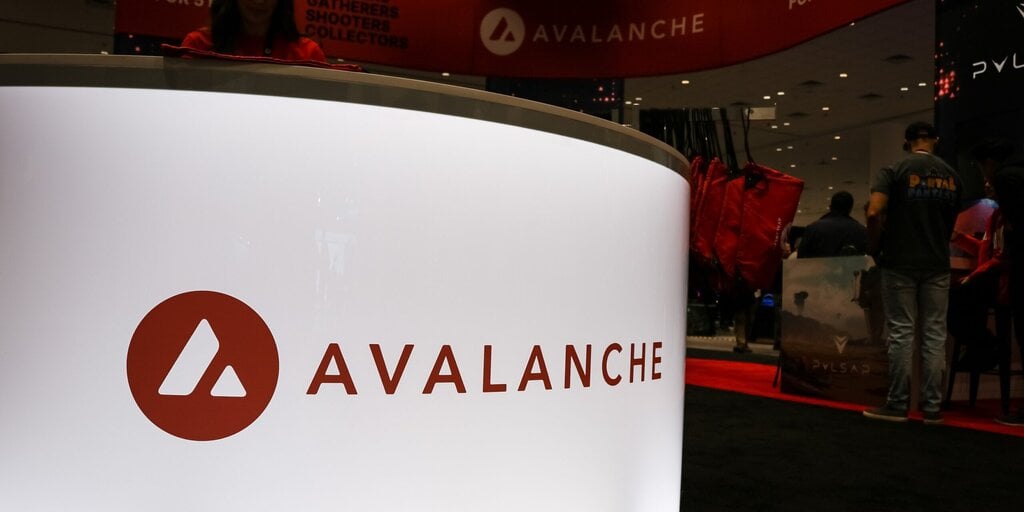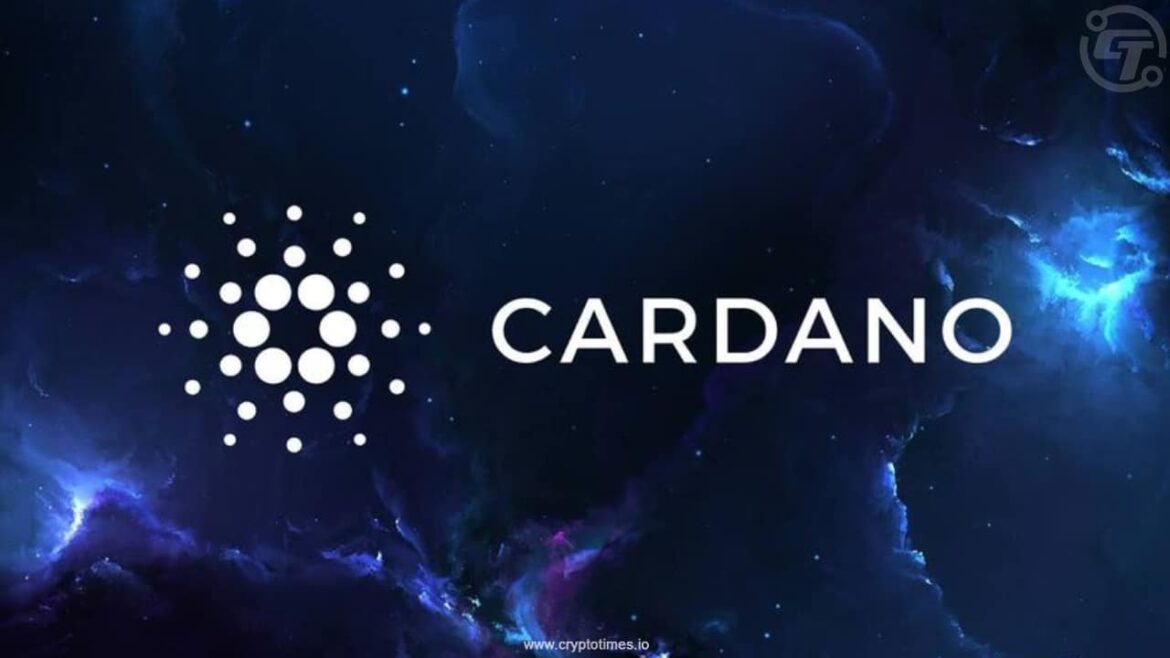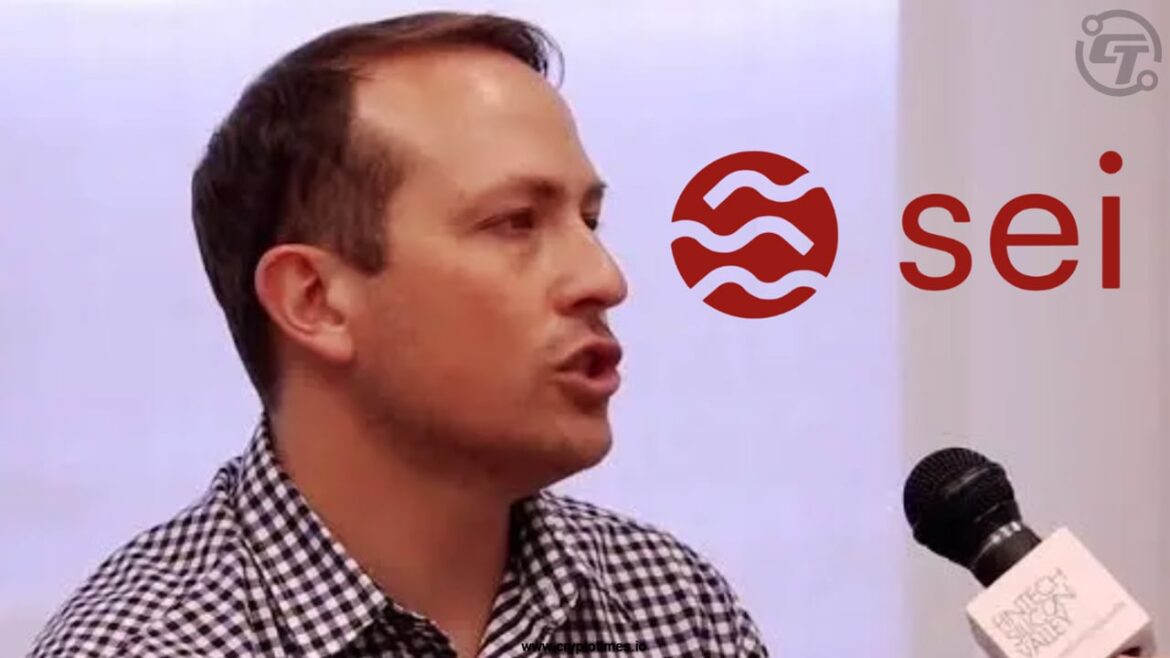The Ethereum Foundation will sell 1,000 ETH and use the funds to support initiatives such as research, grants, and donations.
Summary
- Ethereum Foundation plans to convert 1,000 ETH into stablecoins via CoWSwap.
- The non-profit entity, which supports the Ethereum ecosystem’s development, will use the funds on research and development, grants and donations.
- EF also announced the conversion of 10,000 ETH into stablecoins for the same reasons in early September.
The Ethereum Foundation revealed this via a post on X, noting that it will convert the 1,000 Ether into stablecoins.
As has happened before, the foundation, a non-profit that supports the Ethereum protocol’s development, plans to use these funds to bolster the network via research and development as well as issuing grants and donations.
The sale comes as the price of Ethereum (ETH) edges towards a new all-time high following an intraday spike to near $4,600 on Oct. 3.
In its announcement, the Ethereum Foundation said the sale will involve the conversion of the 1,000 ETH to stablecoins, with this completed via CoWSwap. It will leverage CoW Protocol’s TWAP feature, aimed at minimizing the potential impact of the sale on market prices. EF says the move is part of the broader goal to highlight the power of decentralized finance.
At current ETH price of $4,517, the sale would be valued at around $4.51 million.
EF planned to sell 10,000 ETH
In September, the Ethereum Foundation announced a sale of 10,000 ETH, at the time valued at around $43 million. The latest announcement aligns with that move, with the non-profit saying it would convert the Ether into stablecoins “over several weeks.”
At the time, EF said the planned sale would be in small chunks or orders.
The foundation has been one of the most aggressive ETH sellers as the top altcoin withered under pressure in 2024. However, it has justified its actions amid several notable ecosystem support programs. Recently, it paused all open grant applications, citing a reorganization of its process amid a fresh approach and strategy.










